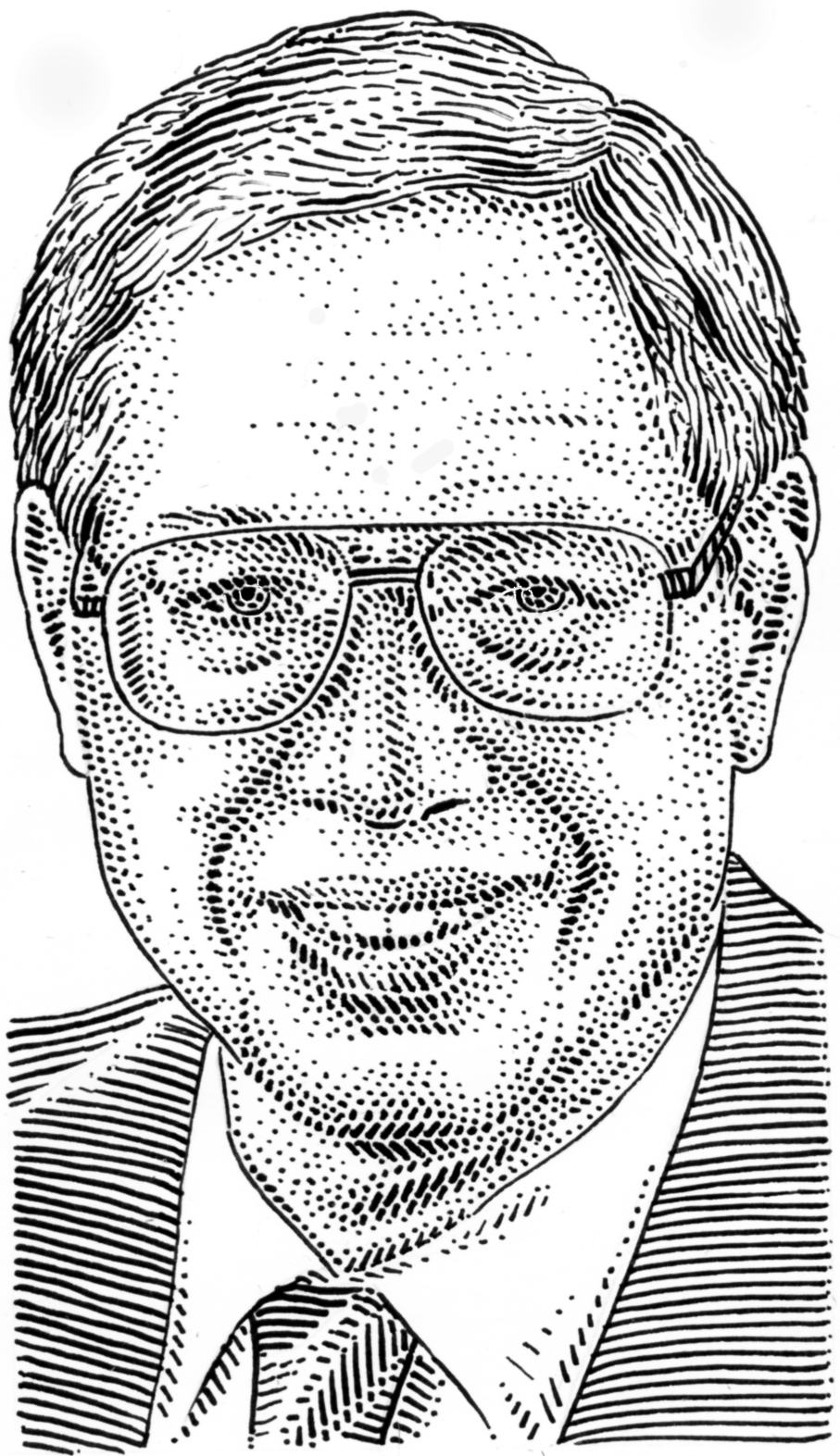
Democrats are pushing a proposal to throttle the political speech of their opponents.
Monday, June 9, 2014 5 min read By:

Old Master== 







Mark Twain famously wrote that “No man's life, liberty, or property are safe while the legislature is in session.” His maxim applies in spades to a newly proposed amendment to the Constitution, which would transform national and state elections for the worse.
Championed by some 43 Democratic Senators, the new amendment contains four provisions that would essentially undo the central first amendment protections for political speech. The first two deal with the expanded scope of federal and state power respectively:
SECTION 1. To advance the fundamental principle of political equality for all, and to protect the integrity of the legislative and electoral processes, Congress shall have power to regulate the raising and spending of money and in-kind equivalents with respect to Federal elections, including through setting limits on—(1) the amount of contributions to candidates for nomination for election to, or for election to, Federal office; and the amount of funds that may be spent by, in support of, or in opposition to such candidates.
Section 2 grants a parallel authority to the state over its elections. Section 3 then announces, “Nothing in this article shall be construed to grant Congress the power to abridge the freedom of the press.” Section 4 provides that both “Congress and the States shall have the power to implement and enforce this article by appropriate legislation.”
There are two central questions raised by this amendment. Why is it needed, and can it achieve its ends?

Democrats are still enraged over the 2010 decision of the Supreme Court in Citizens United v. Federal Election Commission. That case struck down key provisions of the Bipartisan Campaign Reform Act (BCRA) that banned corporations and unions from using their general funds for electioneering expenditures for or against political candidates within 30 days of a primary or general election. The new amendment seeks to again impose restrictions on these and other campaign expenditures, which the Court interpreted as falling under the constitutional protection for political speech in the Citizens United case.
In dealing with all First Amendment issues, the initial question is to secure the right balance between the protection of speech and the legitimate limitations that may be placed on its use. That abstract point has been repeatedly made by one of the BCRA’s most ardent supporter’s, New York Senator Charles Schumer. He has stressed that the First Amendment is not an “absolute,” only to reveal a complete ignorance of how the resulting balance should be drawn. His illustrations of appropriate restrictions cover pornography and libel, which are justified on narrow grounds. The control on pornography often relates to the protection of children; the libel law protects individuals from false statements that hinder their opportunities for economic or social advancement. The classical liberal theories of the Founders recognize that both objectives are legitimate, after which they engage in detailed analysis of whether the means chosen are reasonably adapted to the chosen ends.
Restrictions on political speech during the run-up to an election demand a very different analysis. Right now, strong controls against bribery and extortion are in place. The new amendment goes far beyond those issues to regulate political speech, which lies at the core of the First Amendment. In that realm, the government must show some compelling interest before it can limit what is said and who says it. It is very hard to come up with a rationale that justifies a congressional ban on the release of Hilary: The Movie, which is political speech pure and simple. The correct response is for those who dislike the movie is not to ban its release but to rebut its message with publications of their own. The public is better off with more speech on all sides of any question than with restrictions on speech that typically impose greater burdens on one side than another.
So why displace that view? One familiar line of argument pushed hard by former Justice John Paul Stevens in Citizens United is that corporations are really not entitled to any kind of speech right at all. But any effort to regulate their speech is deeply inconsistent with the basic logic of the First Amendment. Freedom of speech is not limited to the actions of individuals in isolation from one another. The exercise of any freedom depends on the ability of individuals to cooperate with each other to obtain the gains of specialization. The constitutional protection of speech thus contains an inescapable associational dimension, which is captured in the very notion of a coordinated political campaign. What Justice Stevens could never explain was why any group of individuals lose that associational protection by taking advantage of state laws of incorporation that allow them to act with a single voice and to obtain the benefits of limited liability. The New York Times and other members of the press don’t lose their protections because of incorporation. Why should anyone else? The protection of freedom of speech extends therefore to all cooperative activities, whether by the press, corporations, partnerships, informal groups, or isolated individuals.
The Brave New Constitutional Order
The weakness of the Stevens position is tacitly conceded in the proposed constitutional amendment, which in no way singles out corporate activities for special government regulation. Instead, it allows for the comprehensive regulation of all “raising and spending” activities done by individuals or corporations with their own cash, other resources, or with cash or in-kind contributions obtained from anyone else. In so doing, the amendment repudiates not only Citizens United, but the 1976 decision in Buckley v Valeo, which imposed limits on campaign contributions made to others, but not on the use of a candidate’s own resources in their own political campaigns.
The clear direction of the proposed amendment is to ensure “political equality for all” and “the integrity of elections” by getting money out of politics. The stated reasons for the amendment are sadly in error. The fundamental purpose of government is to protect the life, liberty, and property of all individuals. But liberty and property are never distributed in the same proportions across society—and therein lies the challenge to the proposed amendment. No corporation allocates either votes or cash distributions under the principle of one person, one vote. No one would ever contribute large sums to a business if a large group of shareholders could use their voting power to declare dividends that would expropriate the investments of the wealthy. Making voting power and economic rights proportionate to shareholding is the only way for collective enterprises to raise huge sums of wealth from a widely diverse population.
By the same token, no system of political liberty can long survive if votes and power were allocated solely proportion to wealth, when much of individual well-being is determined by other factors such as health, which cannot be easily reduced to money. On these matters, one person, one vote offers a better first approximation of the stakes for all persons. The problem is, however, that a political system based on pure majoritarian principles opens the door to massive wealth transfers through taxation and regulation that can undermine the economic welfare and political harmony of a nation.
The correct compromise uses constitutional arrangements that insulate private wealth from political expropriation. Yet all the original constitutional provisions adopted with that end in mind have largely been eviscerated by Supreme Court in three key areas, as I argue in my book, The Classical Liberal Constitution.
First, the power of taxation that was originally intended to deal with debt, common defense, and the general welfare of the United States has been read, incorrectly, under a highly deferential standard, to permit massive wealth transfers at the federal level. Second, the requirement that private property be taken for public use only upon payment of just compensation has been read to offer virtually no protection of comprehensive schemes of land use and economic regulation that likewise result in huge wealth transfers. Third, the Commerce Clause has been read expansively to satisfy Congress’s endless lust for political horse-trading on any and all issues. Yet, at the same time, the states remain free to enact their own programs of taxation and regulation, free of serious constitutional constraint, when the federal government encourages them to do so, or remains silent on an issue.
The upshot of this system is that the creation of wealth in the United States is now held hostage by politics, which is one reason that wealthy people have thrown themselves into the political arena, largely for self-defense. Their activities should, of course, be condemned when they seek special breaks that result in implicit wealth transfers to themselves. But make no mistake about it: today, progressives are on the march. Their proposed amendment is intended to neutralize their opponents in order to promote their own agenda of extensive regulation and ever-greater transfer payments.
In an ironic sense, the Democratic defenders of the proposed amendment are right to be concerned about the integrity of the legislative and political processes that they have dominated since the election of Barack Obama in 2008, if not before. Their program has been a conspicuous failure on domestic economic issues, with slow rates of economic growth and anemic levels of job formation. What is needed now is a renewed determination to stem the rising tide of regulation and redistribution that the Democrats wish to entrench with their ill-considered constitutional amendment. Fortunately, the amendment is likely to achieve the political oblivion that it so richly deserves.